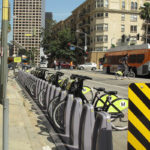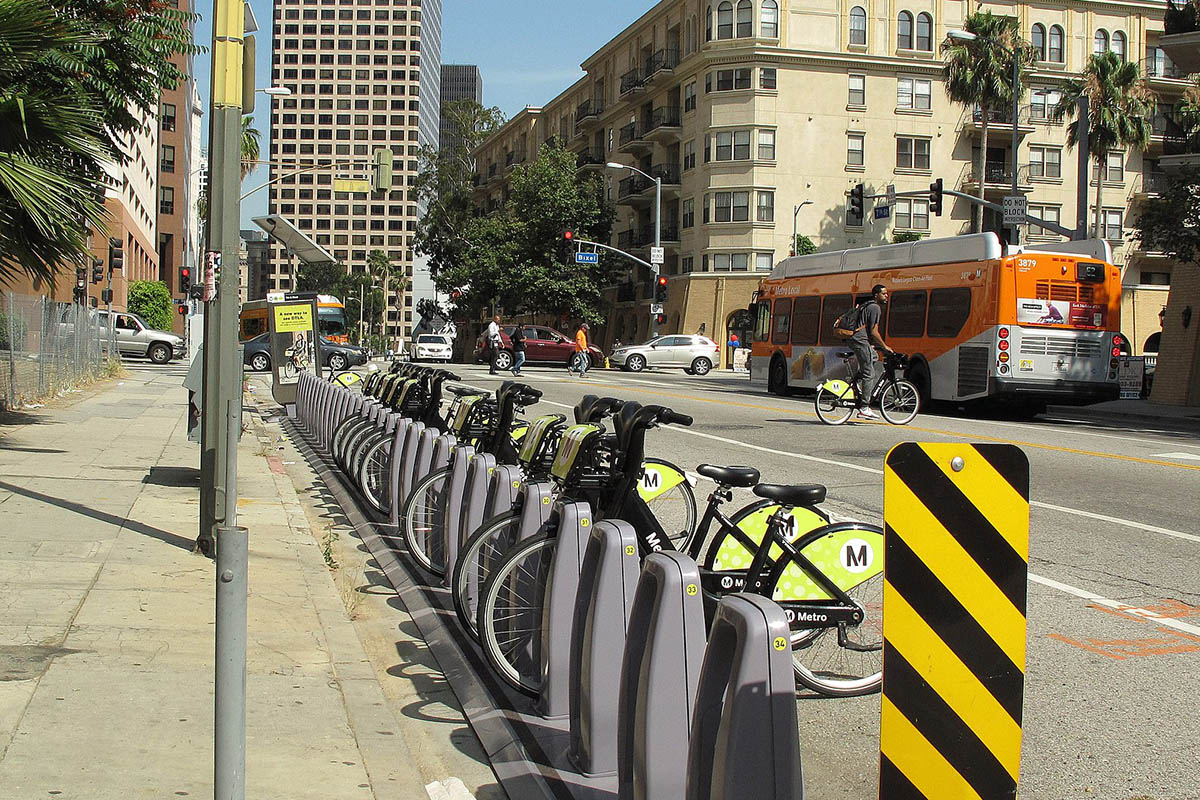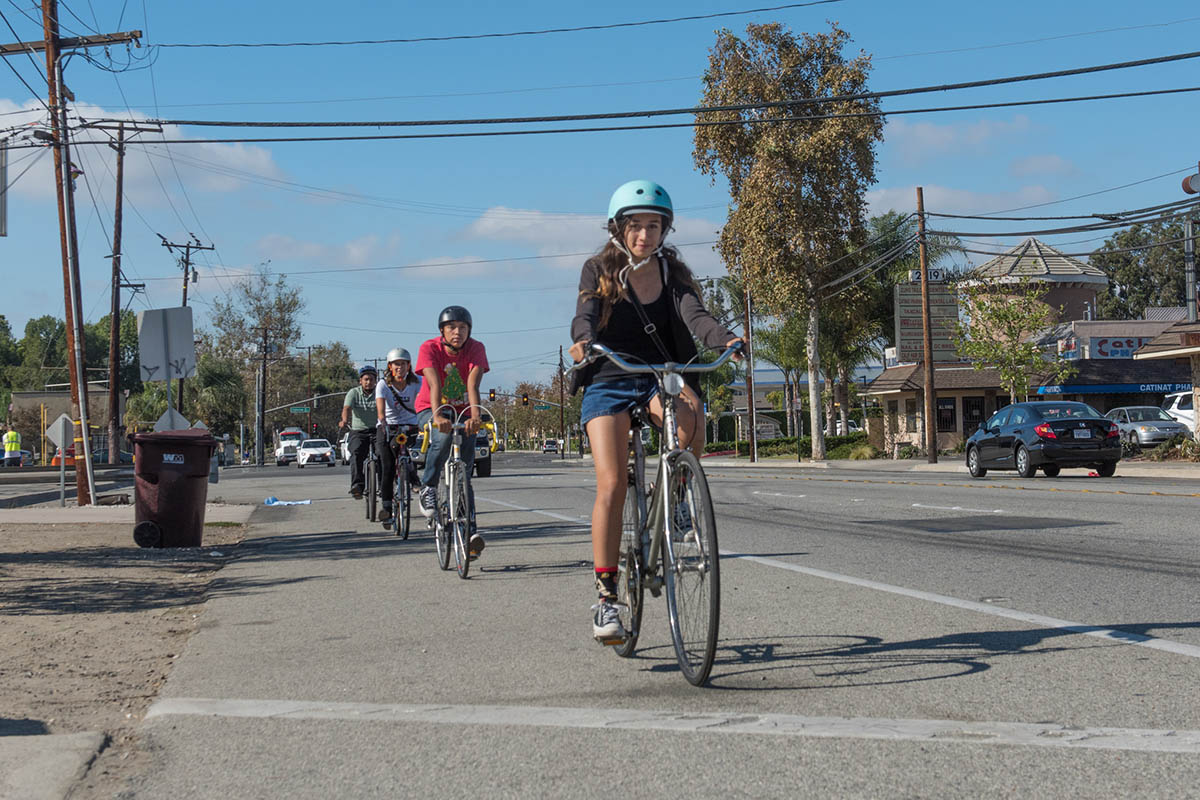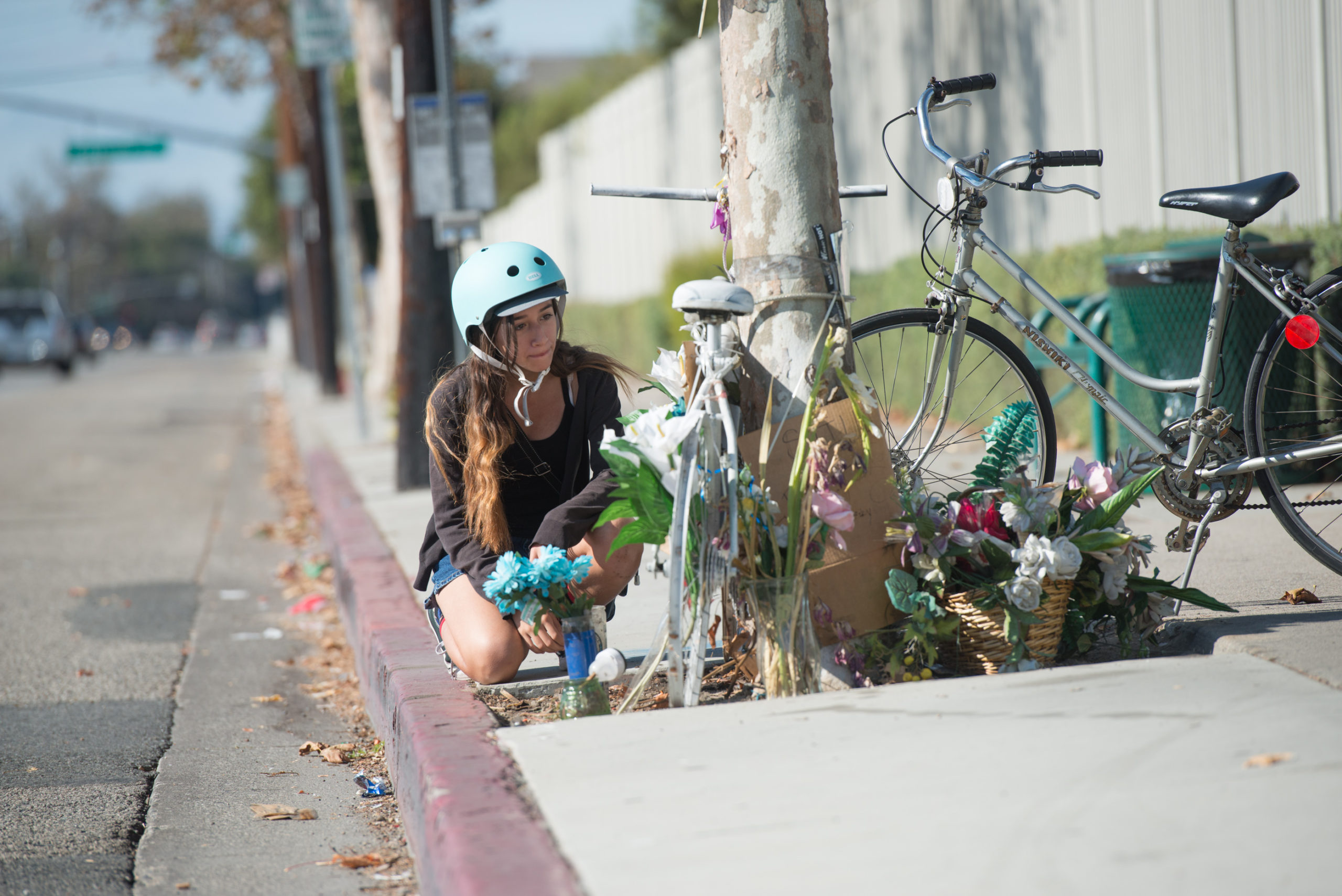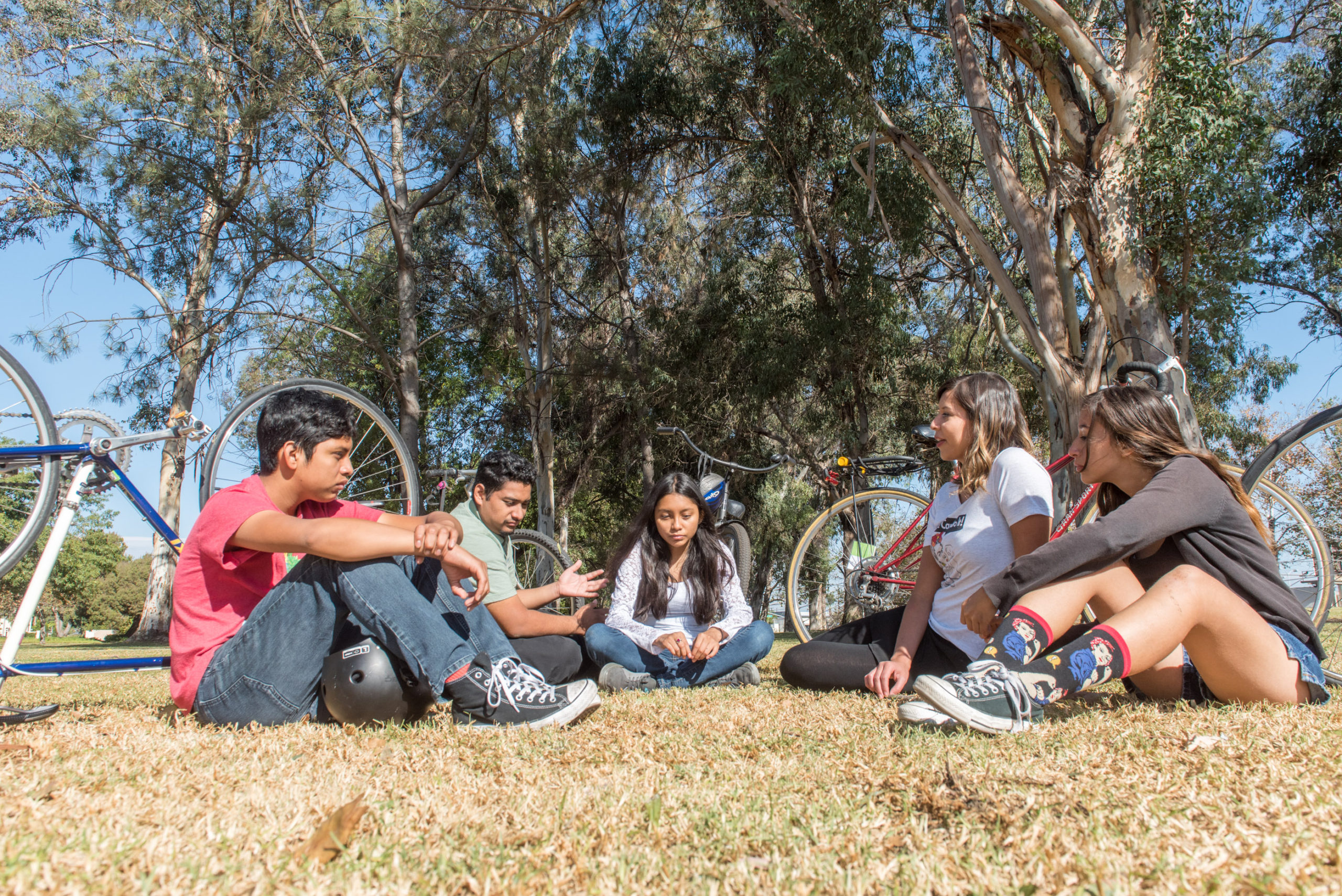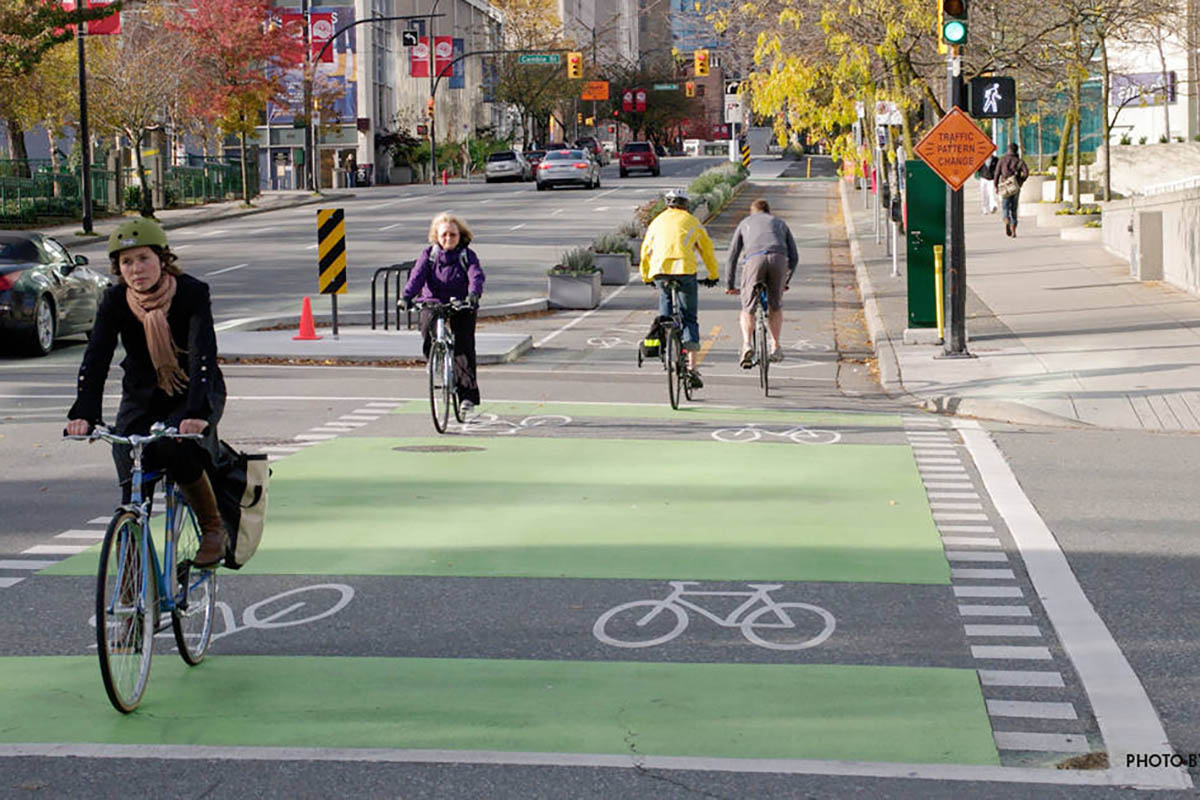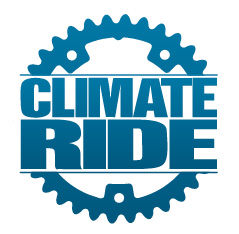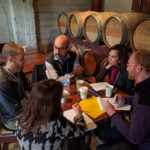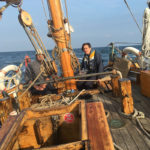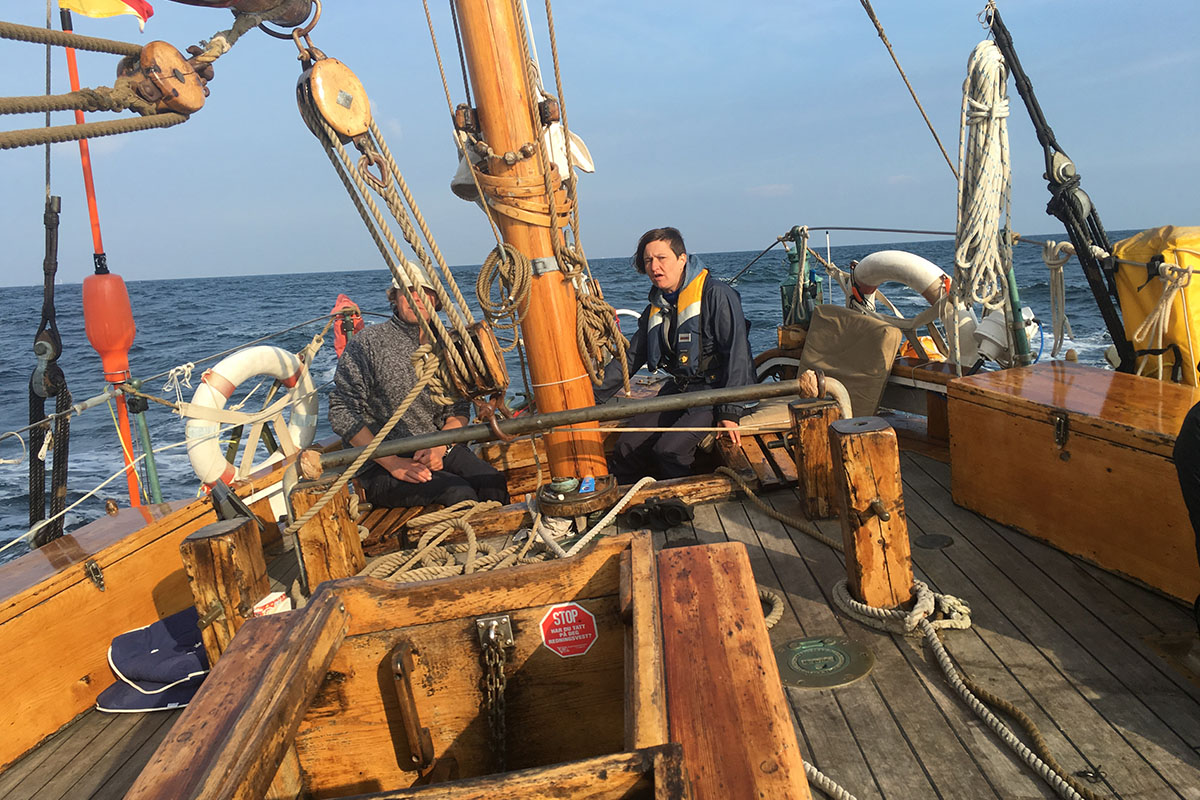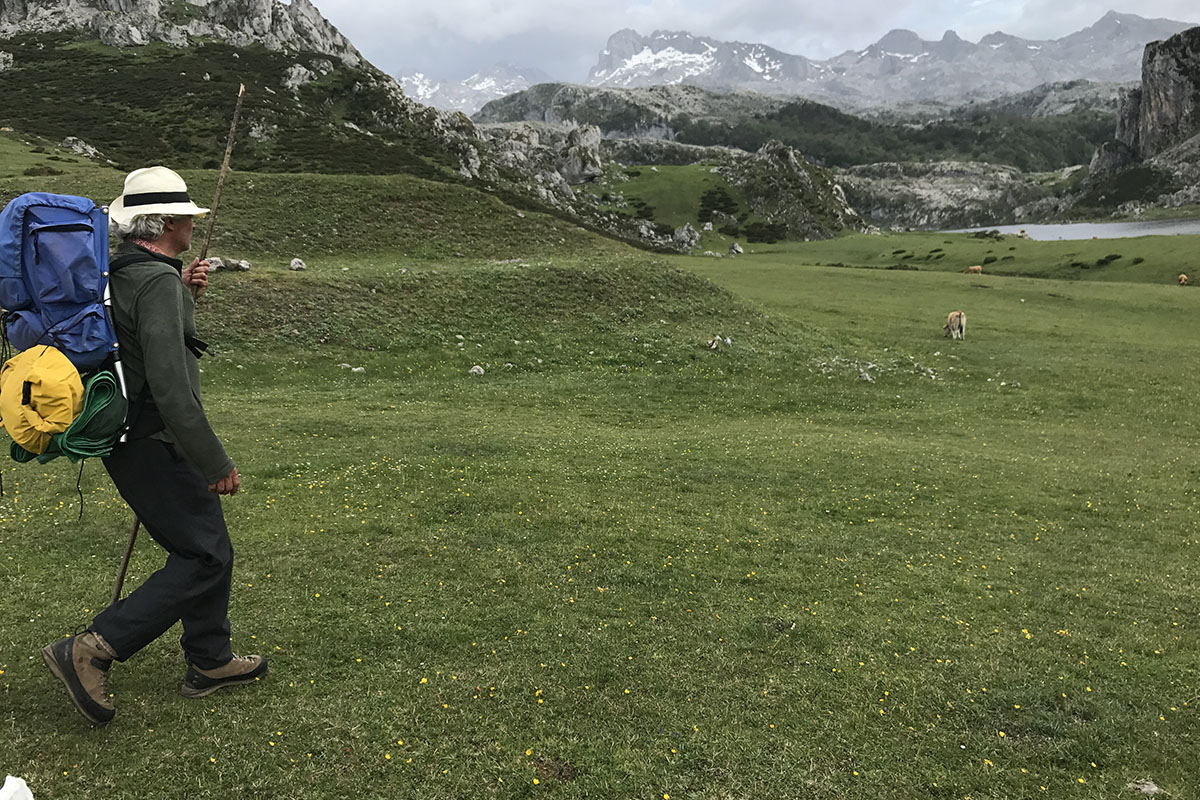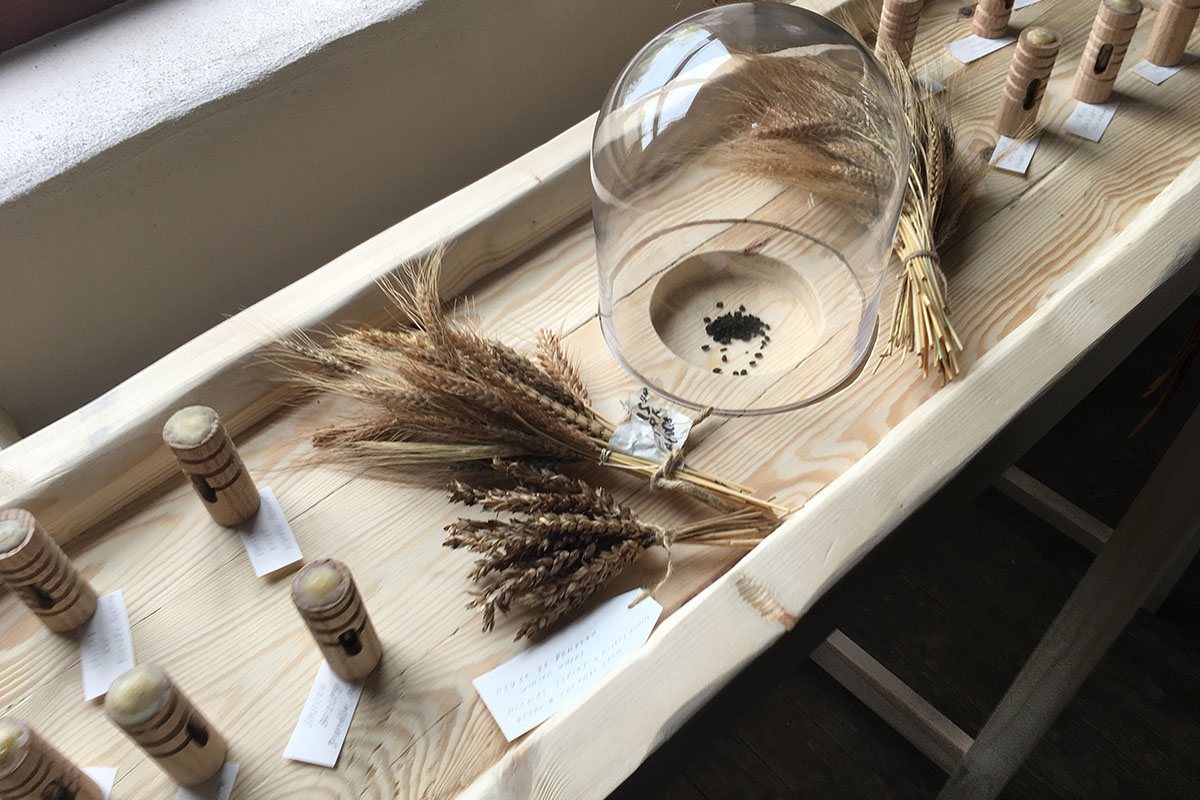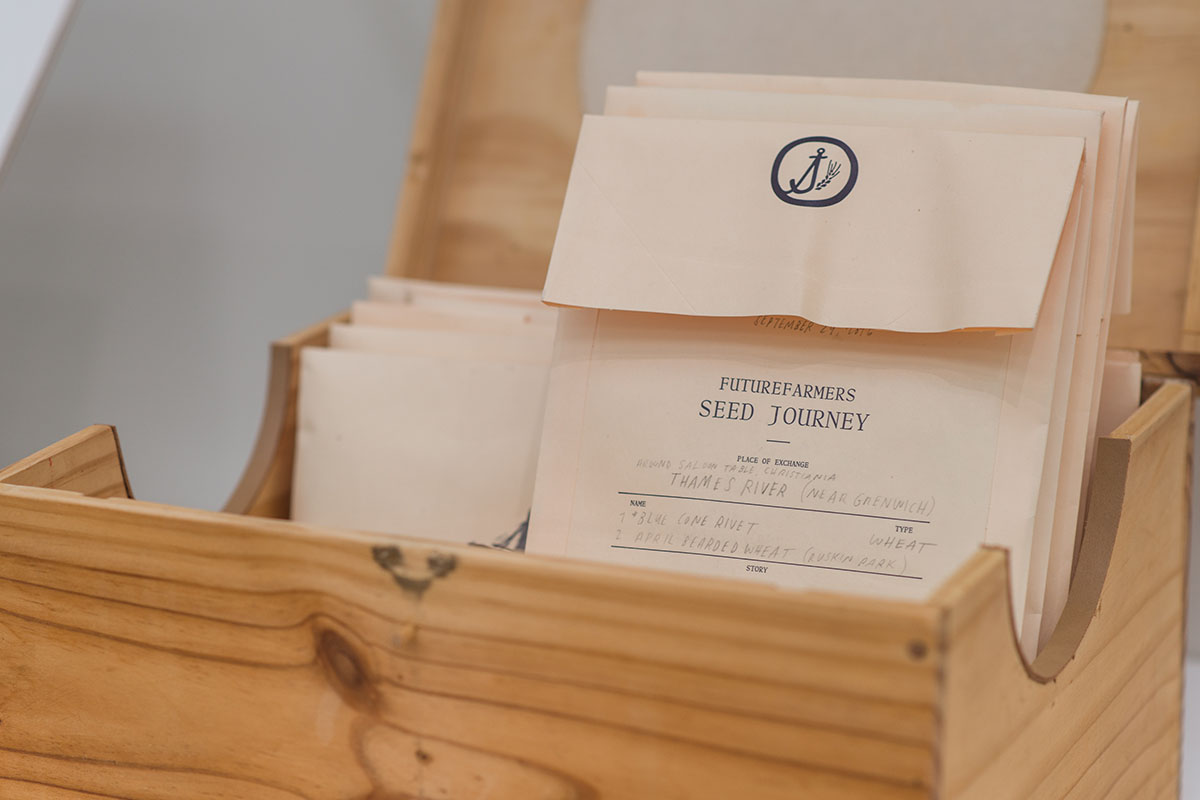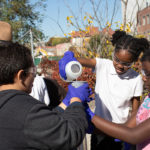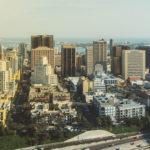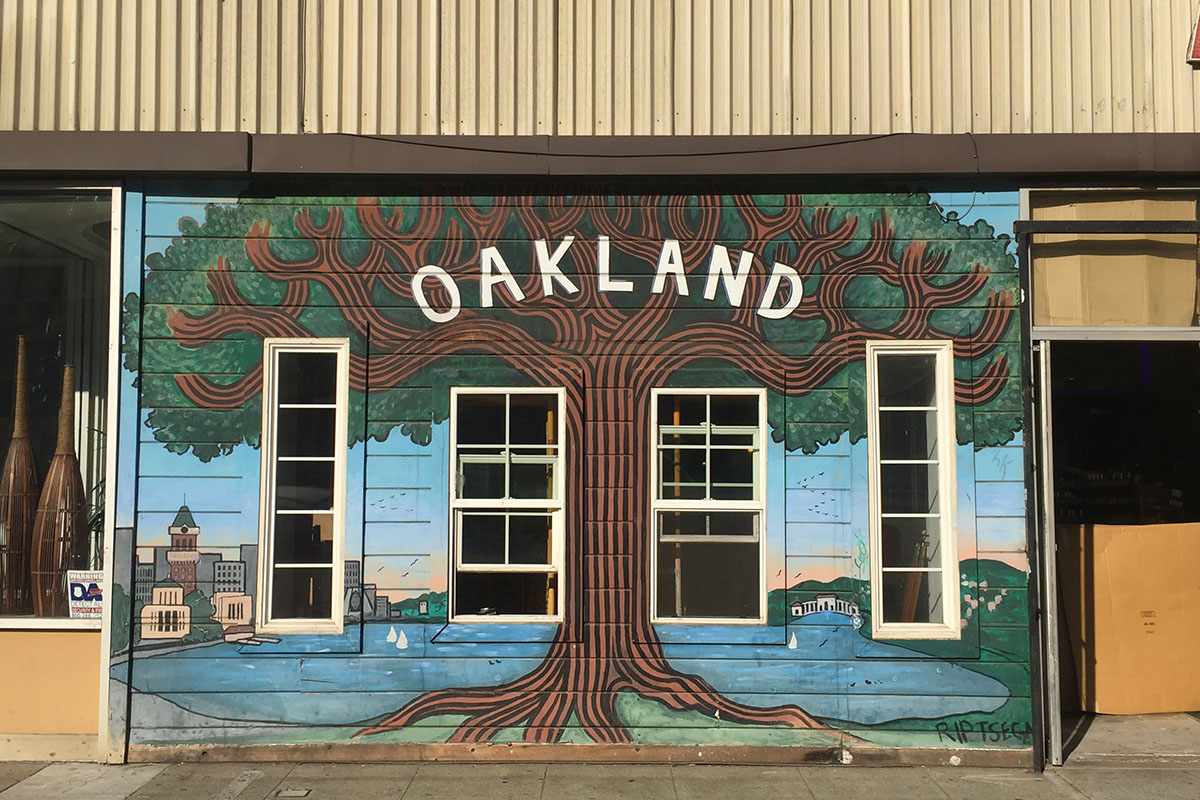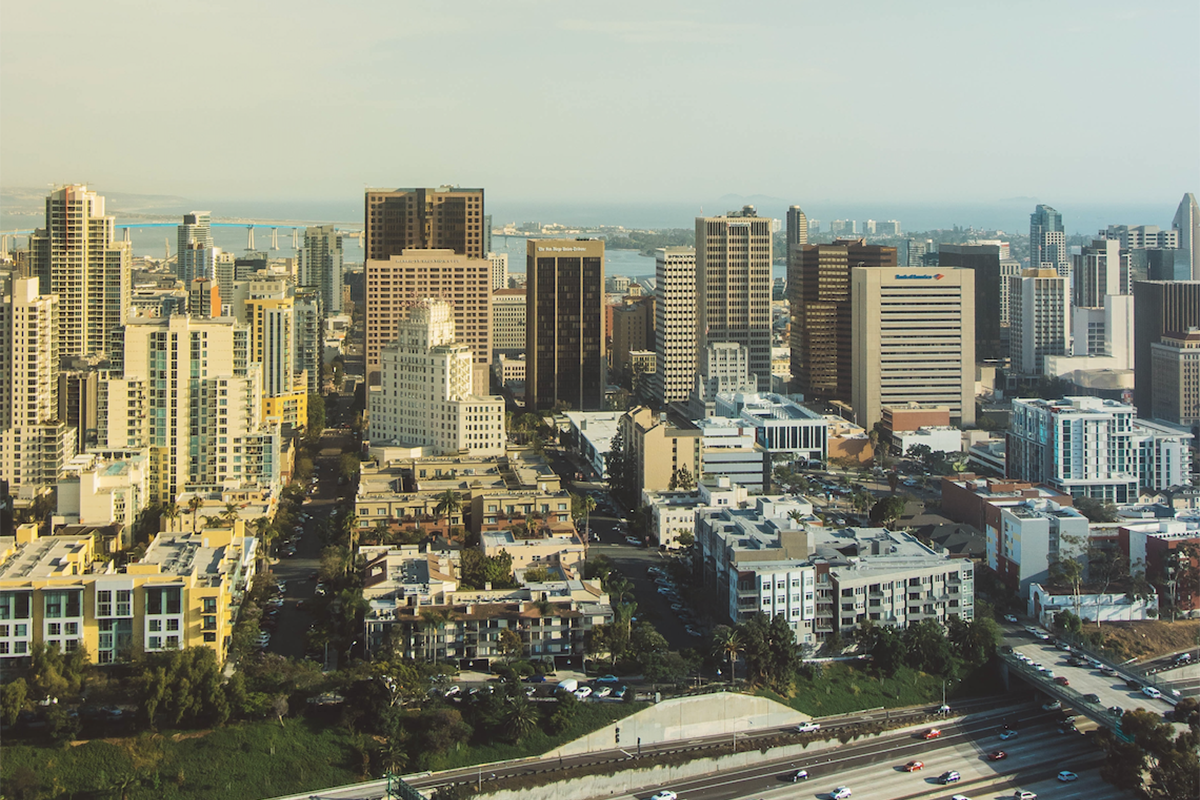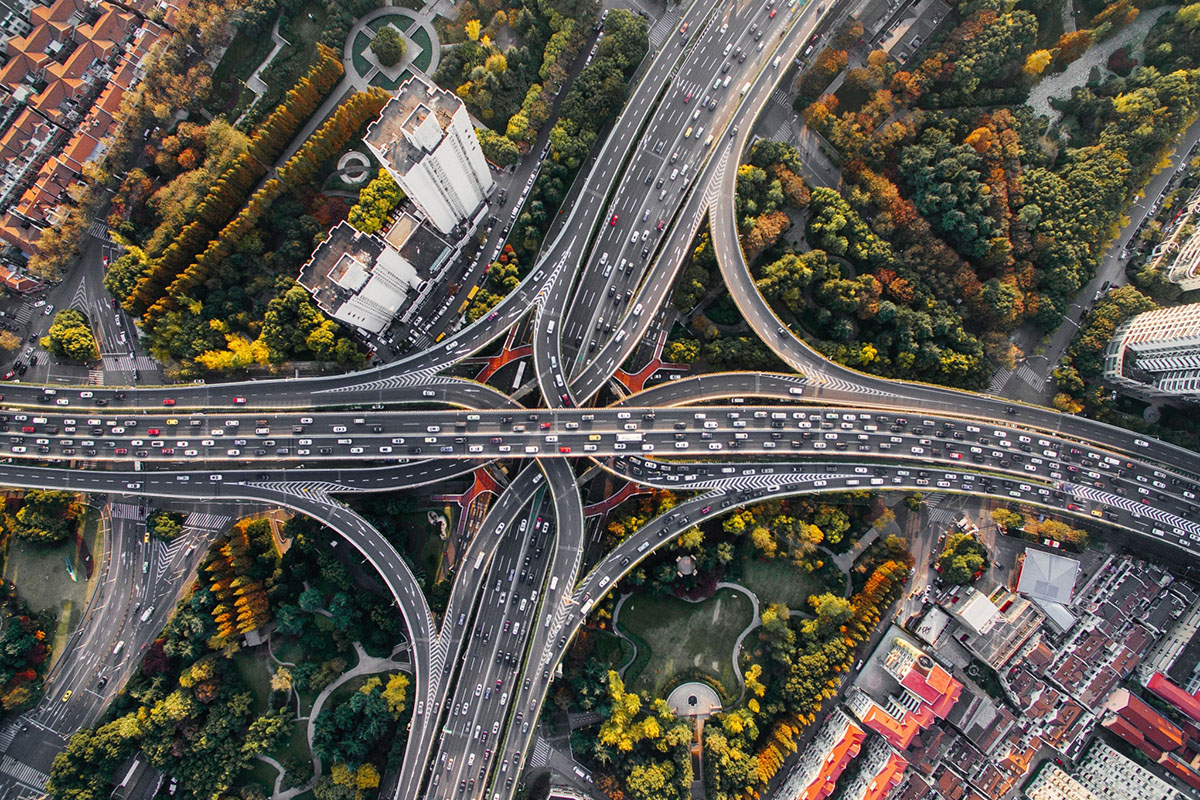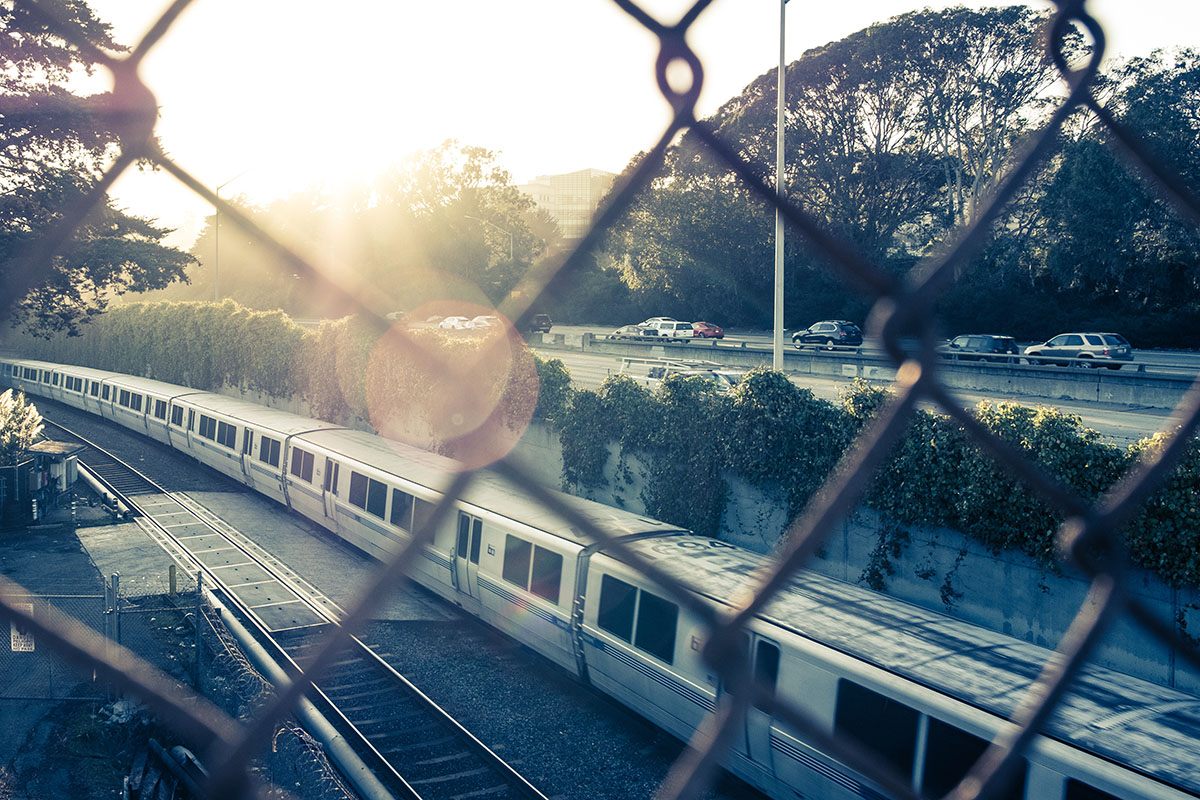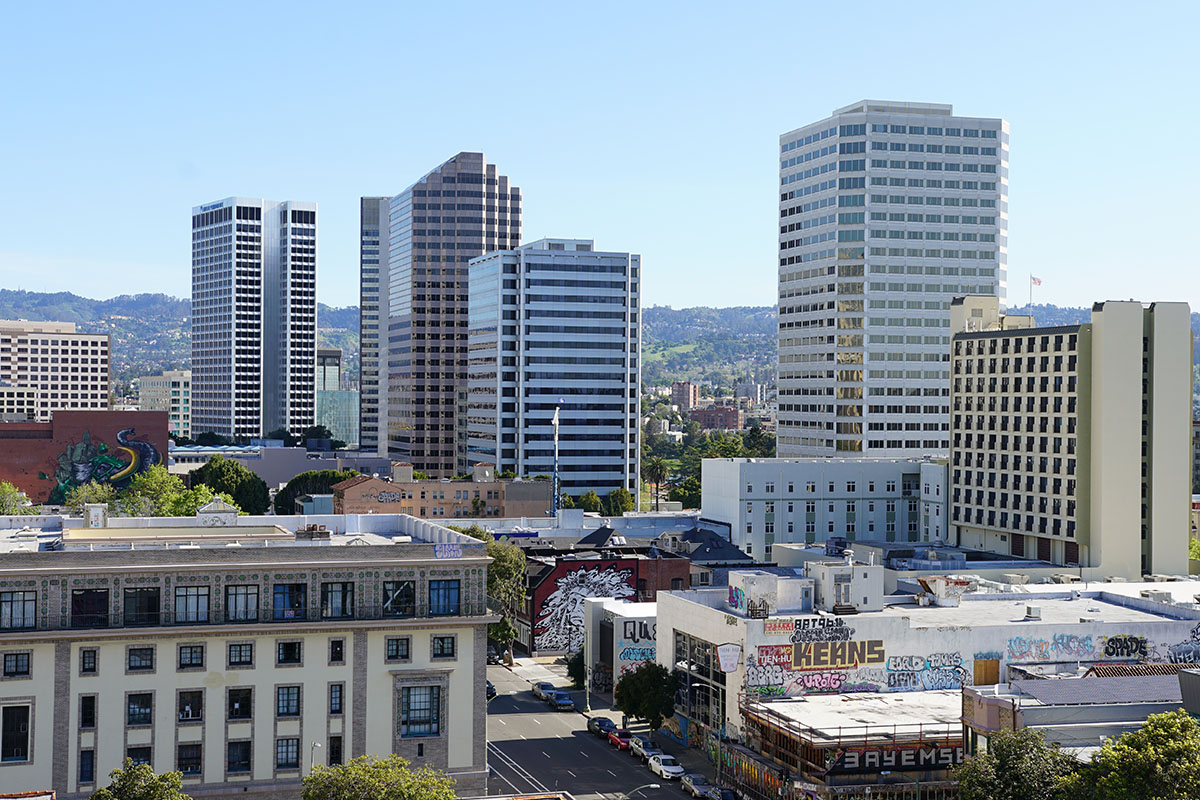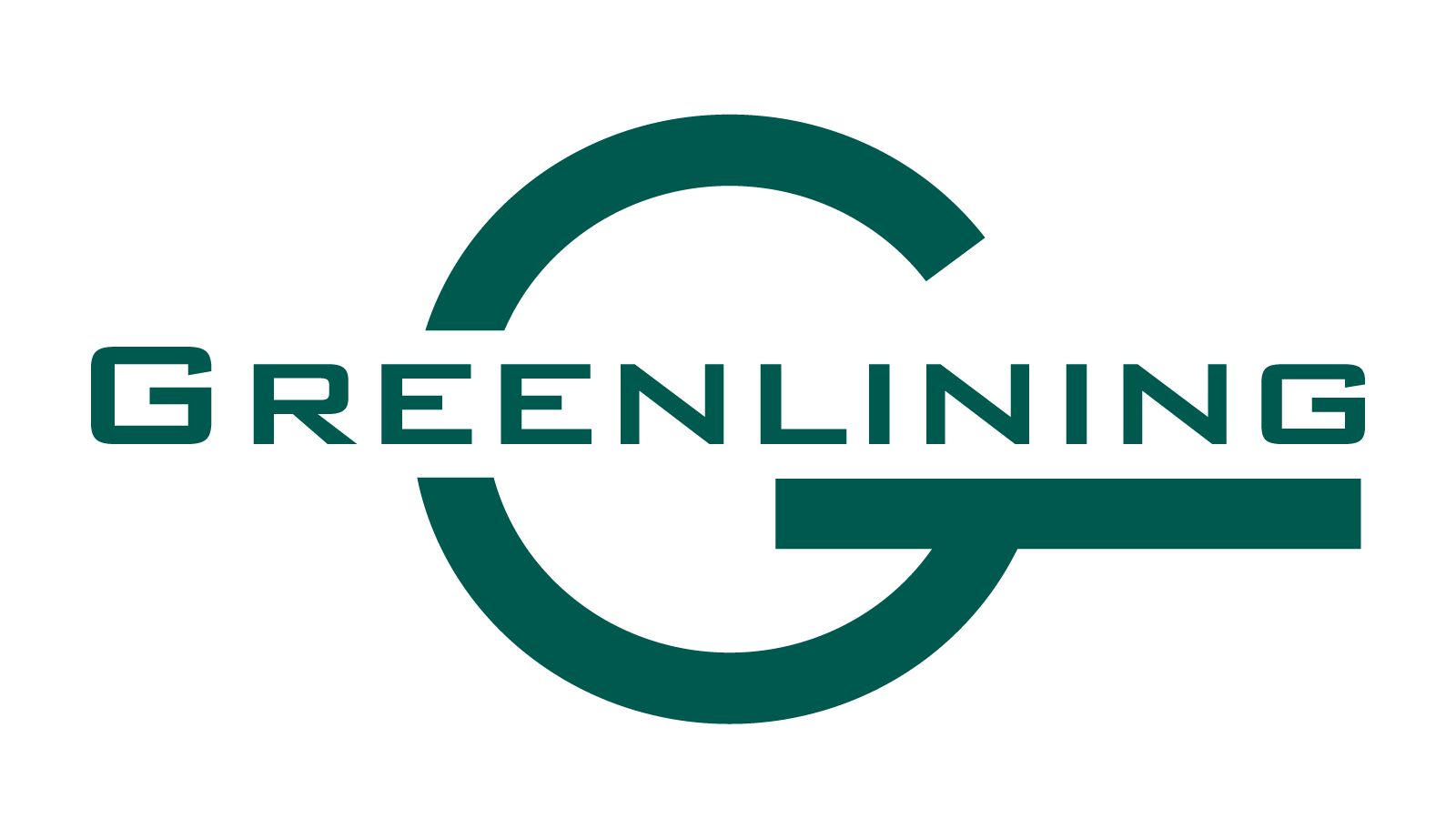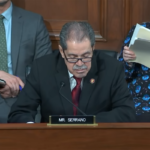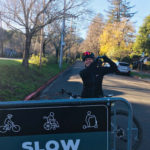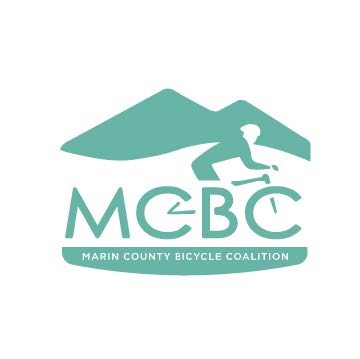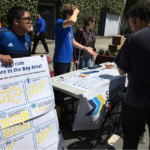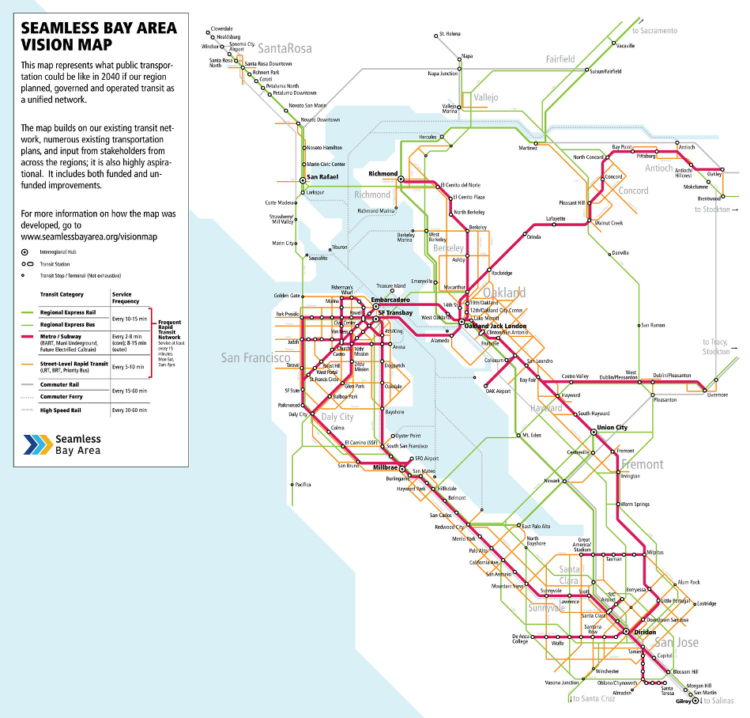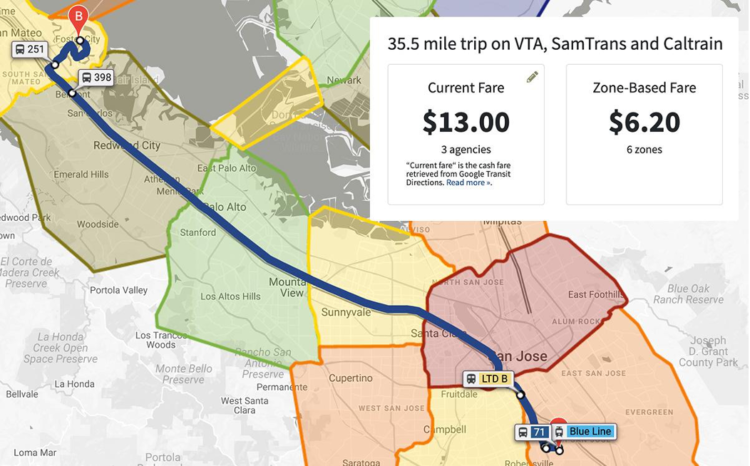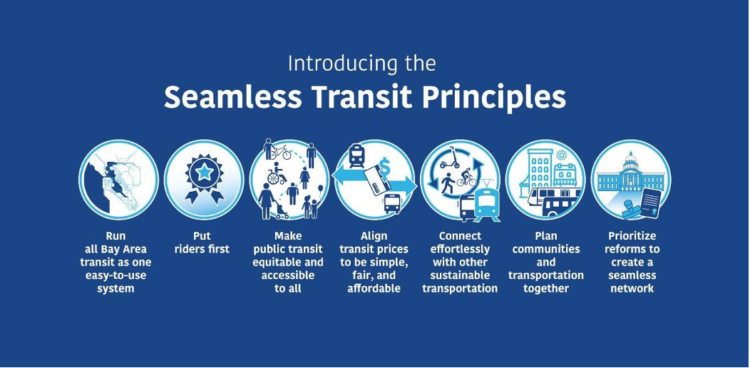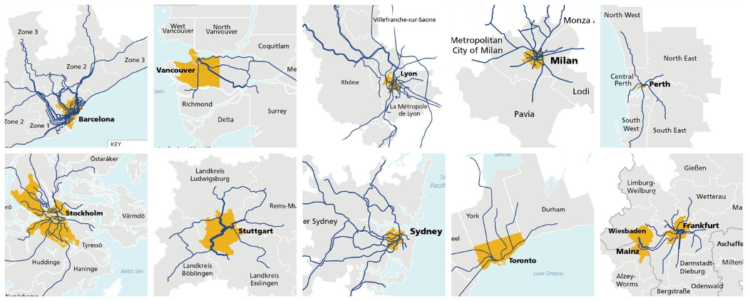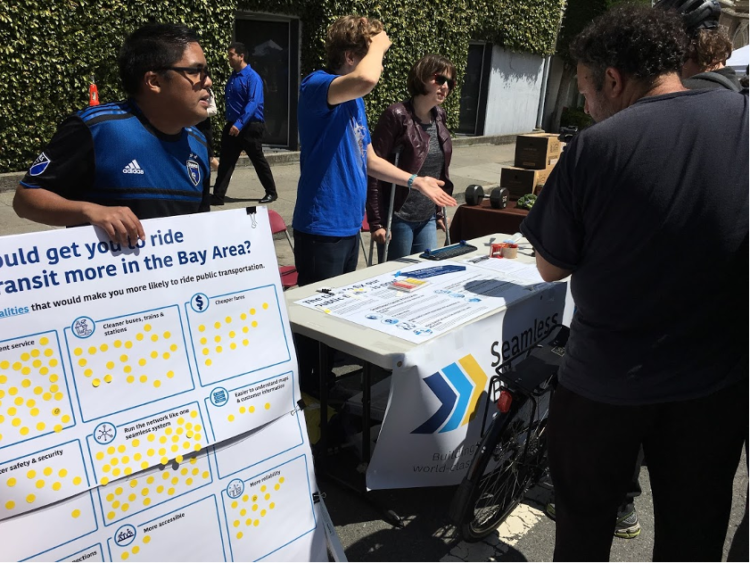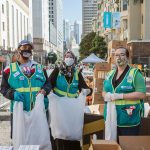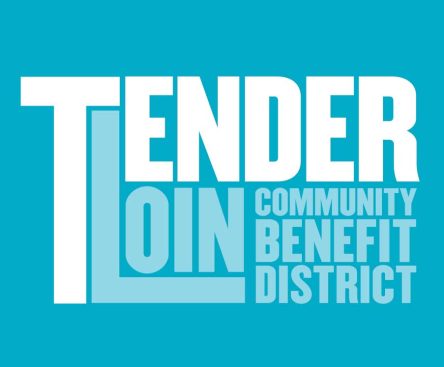California Bicycle Coalition

California Bicycle Coalition
2023 - $15,000 Climate Action Plan for Transportation Infrastructure
2021 - $10,000 Engaging with California Action Plan for Transportation Infrastructure (CAPTI)
2020 - $15,000 Toolkit for Temporary Road Closures/ Biking During COVID-19 Pandemic
2019 - $15,000 General Support
2019 - $10,000 General Support
The California Bicycle Coalition Education Fund (CalBike) advocates for equitable, inclusive, and prosperous communities where bicycling helps to enable all Californians to lead healthy and joyful lives.
CalBike is guided by a vision of California where:
- Public spaces, especially our streets, are safe, appealing, and accessible for Californians of every economic status, race, gender, immigration status, or ability.
- Communities are prosperous, whether rural, urban, or suburban, and all Californians enjoy a high quality of life and freedom from poverty, violence, and oppression.
- California's communities are able to invest in affordable housing safely connected on foot or by bike to the places we learn, work, play, and access healthcare.
- Our cities build convenient and affordable public transit networks.
- Decisions about transportation in California are made by those who are most impacted and burdened by our current system. Low-income communities and communities of color no longer bear the greatest burdens of the environmental and public health and safety impacts of transportation.
- Bicycling is loved and appreciated by everyone for its role in supporting prosperity, health, safety, and joy that all Californians benefit from.
Since 1999, CalBike has promoted sustainable transportation and healthy communities. They have organized trainings, conferences, workshops and direct support for bicycle and equity advocates, sharing best practices with local and state-level leaders. They have created toolkits and how-to guides to give local leaders the information they need to implement great bicycle infrastructure. They have succeeded in pressing Caltrans to greatly increase bike/walk infrastructure funding. They have shaped state-level guidelines to encourage protected bike lanes and intersections, making California a leader in the kind of people-friendly street design that encourages bicycling among people of all ages, cultures, genders, and income levels.
CalBike's focus is on the intersection of social justice and sustainable transportation, and their policy team works to redress the discriminatory transportation policies that have divided and polluted California's disadvantaged communities, especially where those policies have disadvantaged people who ride or want to ride bicycles. To that end, CalBike has succeeded in shaping grant guidelines and priorities to ensure that a majority of state bike/walk funds go to disadvantaged communities. They have pushed Caltrans to use highway maintenance funds to build Complete Streets, streets that serve all users, and pressed them to devote more safety funds to biking and walking, along the state highways that often serve as main streets in disadvantaged communities. They work with local community advocates in disadvantaged communities, offering training to help them access bike/walk infrastructure funding. They have worked to connect BIPOC transportation advocacy leaders with the skills and knowledge to effectively promote sustainable transportation policy, and to bring representation of BIPOC communities to the halls of power, including the California Transportation Commission.
CalBike works closely with advocates across the state and in Sacramento, collaborating with them on intersecting issues such as pedestrian access, transit and housing.
CalBike projects the Seed Fund is supporting in 2020-2021.
Complete Streets
All roads in California should be safe and inviting for people of all ages and abilities to bike, walk, or ride public transit. That’s the vision for CalBike’s Complete Streets Campaign. After significant pressure, Governor Newsom and Caltrans leadership have stated support for Complete Streets, and promised to implement them where appropriate. However, Caltrans has in the past instituted but failed to implement good Complete Streets policies. CalBike is acting as a watchdog, holding Caltrans and the governor accountable to their stated promise to prioritize Complete Streets.
Changing the Conversation Around Climate and Transportation
Currently, the state-level conversation about reducing transportation sector carbon emissions focuses on the transition from gas cars to electric ones. While this transition is necessary, it is insufficient to address the climate crisis, and ignores as well the hopeful possibilities for a just climate transition that includes and lifts up low-income people and people of color. CalBike works to influence policymakers and environmental organizations to ensure that bicycling, walking, transit, and in-fill housing are part of the conversation.
Shared Micromobility for Everyone
CalBike is working to save bike and scooter share from the unsustainable profit-centered model. They work to integrate public shared mobility into public transit systems so that users may access bikes and scooters on the same terms and in the same manner as public transit. Whether through a purely public service or a public-private partnership, this kind of support and integration is essential to accomplishing our goal of affordable and healthy mobility for all Calfornians, including those who live in low-income neighborhoods.
Quick-Build Toolkit and "Slow Streets" How-To
CalBike created two guides to respond to the increase in bicycling under the pandemic. The Slow Streets How-To Guide offers communities best practices on how to implement Slow Streets—streets closed to through traffic, where people walking and biking can have plenty of room to have fun, get exercise, and get where they need to go safely. CalBike's Quick-Build Toolkit, created in partnership with Alta Planning + Design, is a comprehensive guide to quick-build bicycling infrastructure. Quick-build is a method of building bike and pedestrian safety improvements—protected bike lanes, pedestrian crossings, slow streets, parklets, and more—now, within a tight budget. In challenging times, quick-build projects are crucial to building trust in the government’s ability to deliver public benefit. And quick-build infrastructure can engage the public better than ever, and be more inclusive and equitable than traditional infrastructure. With support from the Seed Fund and in collaboration with Alta, CalBike created a 4-page brochure to convince policymakers to push for quick-build. The full 77-page Toolkit tells city planning departments step by step how to implement quick-build projects.
Emergency COVID Bicycling Resources
CalBike quickly responded to the pandemic and the resulting surge in bicycling with a host of online resources for those new to bicycling, as well as people who were already biking but had questions about how to ride safely under COVID.


